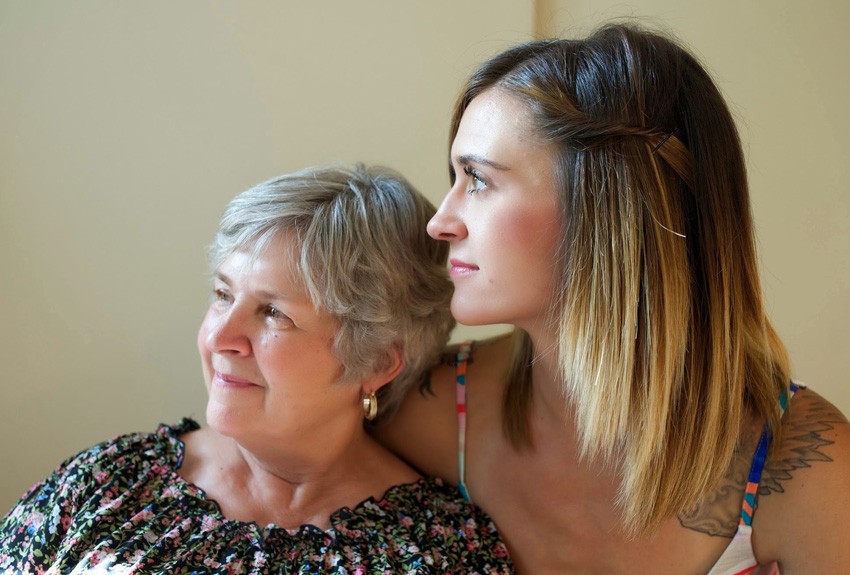The SANE Blog
What's in a name? Carer, supporter or something else?
'I never considered myself to be a carer until another parent of a young person with a mental illness told me that I was eligible for a carer's allowance.
'At that moment I realised that what I was doing for my son was beyond normal mothering. Despite not pursuing the carer's allowance, I felt good about the fact that my efforts were worthy of recognition.'
Meet Julia. She's a mother and carer supporting her son who lives with depression and anxiety.
Like 2.7 million other Australians, she provides unpaid care and support to a loved one.
According to the national peak body, Carers Australia, a carer is someone who 'provides unpaid care and support to family members and friends who have a disability, mental illness, chronic condition, terminal illness, an alcohol or other drug issue, or who are frail or aged'.
Julia says that the moment she realised she was a 'carer' her perspective shifted from simply being a mother, to understanding and embracing her unique position.
'It confirmed and validated that what I was doing went above and beyond regular mothering,' Julia explains.
'I felt comforted to know that my stress, anxiety and burnout was not because I was an incompetent mother, but because I was also a carer and I was doing a very hard job – caring for a child with a mental illness.'
So, does using the term 'carer' alter a relationship? Or does it validate the unique situation both people find themselves in? And if it's not appropriate, how do we refer to these people who support and care for someone with a mental illness?
We asked our community what they thought – of the 50 people who replied over half said they would describe a person who provides unpaid, ongoing support as a 'carer'.
Yet, when asked them about their level of comfort with the term, respondents were more comfortable with the use of family terms (spouse, sibling or parent).
As one respondent put it, 'the term "carer" may be appropriate, and have legal implications, when the loved one is going through an intense period of illness or feeling suicidal. However, when the illness is being well managed, it may be derogatory.'
Yet, from the perspective of someone living with a mental illness the word carer, especially if replacing spousal terms, can be detrimental.
'My husband says to me, "I am not your carer, I am your husband. You care for me as much as I care for you",' said another participant.
'Everyone else was referring to me as a consumer and him as a carer. This industry has turned natural supports into one-way roles.'
Julia suggests the term provides recognition of the variety of tasks a carer performs on behalf of their loved one. 'Caring for someone with mental illness means we are responsible for many things that fall under the radar. Roles are often undervalued because the caring may be overlooked as everyday tasks.'
But at what point does what you do constitute 'caring' and when is it just part of normal life? Another respondent had a very simple rule when it comes to using the term, or not.
'We become a carer when we are ready to fully embrace the mental illness, accept that what we are doing is above and beyond normal care, and openly share that title and identity with others.'
Does the term 'carer' sit well with you? What term are you more comfortable with? Join the discussion on our Facebook page.
SANE provides a range of free telephone and online support services for people over 18 years of age with complex mental health needs and their family, friends and carers. We offer different types and levels of support so you can find what works for you. Choose from counselling, peer support, online groups and events, 24/7 community forums, and online information and resources. Learn more at sane.org/get-support.
When you subscribe to the blog, we will send you an e-mail when there are new updates on the site so you wouldn't miss them.
